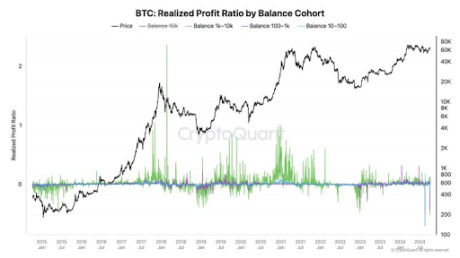FUD In Crypto Market! This Time It’s Not China!


The post FUD In Crypto Market! This Time It’s Not China! appeared first on Coinpedia – Fintech & Cryptocurreny News Media| Crypto Guide
The rate of adoption and the legal posture of Bitcoin and the rest of the altcoins fluctuate considerably from one nation to the other. Few countries have initiated restrictions on the way Bitcoin could be used, with banks constraining customers from executing cryptocurrency transactions. While some other nations limited the use of cryptocurrencies with a burden of hefty penalties on capital gains.
China, Russia, Indonesia, Egypt, Columbia, Iran, Iraq, and many other countries are so far imposed a sort of restriction over cryptocurrencies. In addition, India, which holds the second-highest rate of cryptocurrency adoption has been drafting a framework to introduce a tough regulatory bill against the crypto projects.
Second Most Crypto Adopted Nation Plots A Bill to Ban Regulate Crypto!
Transactions of assets like Bitcoin and Ethereum via Blockchain are meant to be safe, secure, and quick, and some crypto projects are more private in terms of executing transactions. The recent buzz is that the Indian government outlines a plot to limit the use of all private cryptocurrencies across the nation. Further, the statement was also made that a restriction would come up with some exceptions to encourage the underlying technology for its groundbreaking benefits.
However, the government hasn’t made clear the definition of private cryptocurrencies. Proponents across the market believe that cryptocurrencies such as Bitcoin, Ethereum, Solana, and other protocols are built upon public blockchain networks. This means transactions executed via the networks are trackable enabling a degree of anonymity to traders.
On the other hand, private cryptocurrencies such as Monero, Dash coin, Zcash, Verge, Beam, and more appear to be on the government’s radar of ban. Although these projects developed on public blockchains, they obscure or jumble the transaction details to facilitate privacy to users.
Besides, these protocols previously encountered numerous hacking attempts. Moreover, the government and regulators appear to be pretty much interested to probe traders with huge transactions of such private coins.
However, despite the proposal for regulatory compliance by the second most crypto-adopted country, the global market remained steady. India has been preparing to ban private cryptocurrencies, but China has imposed a complete ban on cryptocurrencies in September 2021, yet the market cap remained unaffected.
Collectively, there are many countries that have imposed a requisite regulation to prohibit cryptocurrencies from fraud. On the other hand, it would be technically difficult to derive the maximum benefits of the blockchain with a ban on cryptocurrencies. Moreover, its people’s fundamental right to do their business, and there can only be requisite regulatory limitations that don’t mean a ban.
 (@CryptooIndia)
(@CryptooIndia) 


